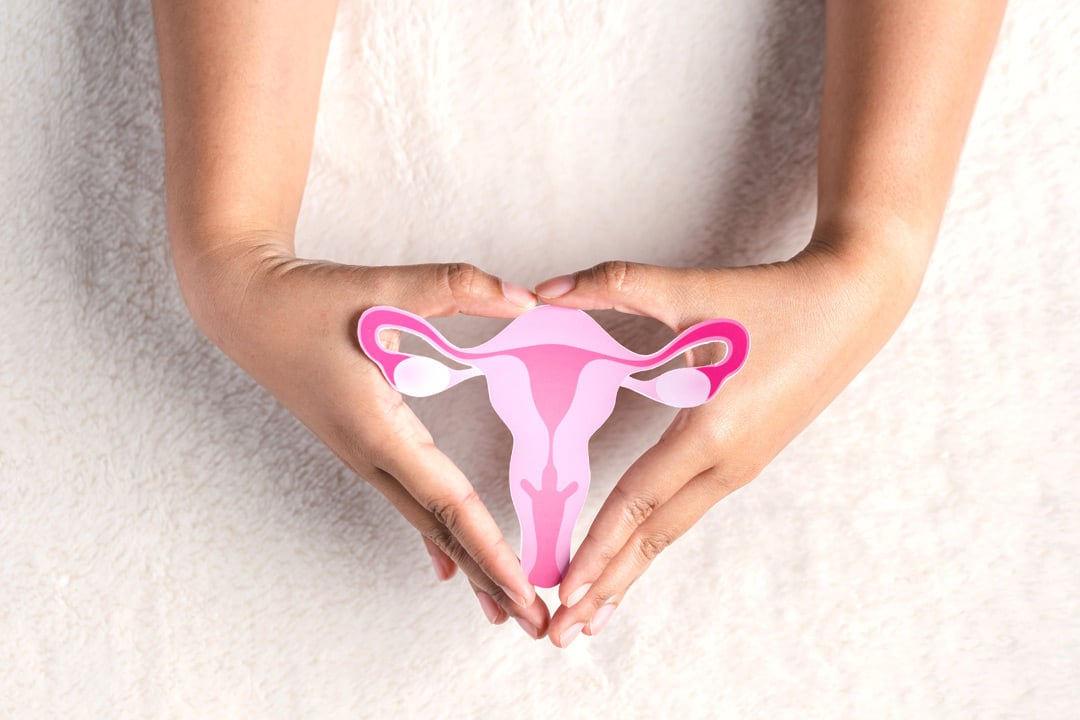WHY SHOULD I SEE A GYNECOLOGIST
Having a regular check-up with your gynecologist along with preventative testing will ensure that any issues are caught early.
As a specialist in pelvic health, your gynecologist can consult about birth control, heavy or painful periods, pain during sex, a change in periods or discharge, hormonal issues and urinary problems. Even if you aren’t pregnant or having any issues, regular checkups and routine testing such as the following, will help keep you in good health.
PAP SMEAR TEST
Usually done from age 25, the pap test checks for any abnormal cells that may lead to cervical cancer. It involves collecting cells from your cervix which is at the top of the vagina. Frequency of testing depends on age, risk factors, and any prior history of abnormality.
HPV TESTING
HPV (Human Papilloma Virus) causes cervical cancer as well as other male and female cancers. It affects 8 in 10 people at some point in their lifetime and is transferred by close or sexual contact. Most people get rid of it and never know they had it, but for some people it can remain for many years, eventually cause cell changes which could become a cancer.
HPV testing is usually done at the same time as a pap smear test, using the same sample.
HPV VACCINATION
Gardasil-9 is a vaccine against HPV. By vaccinating our young men and women before they become sexually active, we can protect against HPV and limit the spread of the virus.
There are 14 variants of HPV linked to cervical cancer, Gardasil-9 protects against 7 of these which cause the majority of cancers.
If you are aged 9-26 ensure to get your vaccine.
If you are aged 27-45 talk to your healthcare provider to see if you might still benefit from vaccination.
MAMMOGRAM
A mammogram provides detailed images of the breast tissue using a low-dose x-ray system. This aids in the early detection of breast diseases which greatly improves treatment outcomes. A mammogram is recommended for all women over the age of 40. OceanMed offers 3D mammogram technology that allows for less breast compression than 2D, while providing exceptional images.
SYMPTOMS THAT SHOULDN’T BE IGNORED
- Bleeding after the menopause
- Bleeding after sex or between your periods
- Lumps or sores on the vulva
- Breast & armpit lumps, skin changes, nipple discharge
If you experience any of these symptoms, please get in touch with your gynecologist. These symptoms should not be ignored and whilst they don’t always mean something is wrong, it is always best to have them checked.

